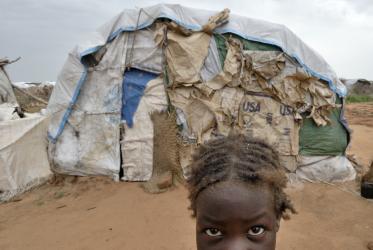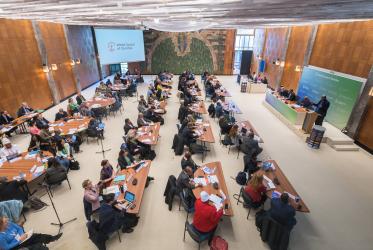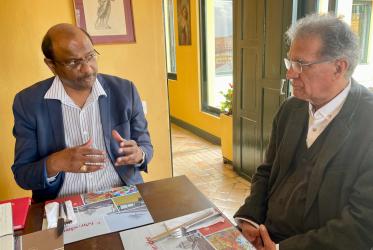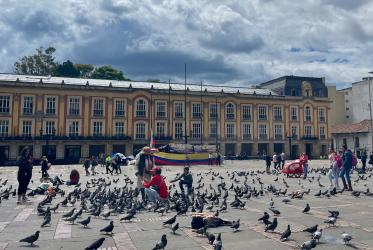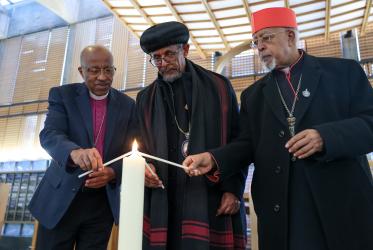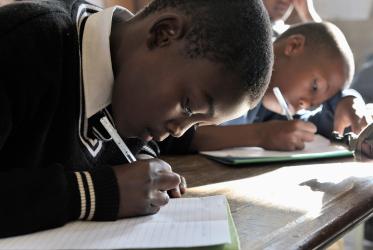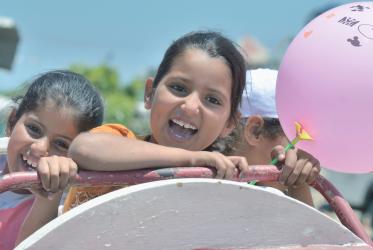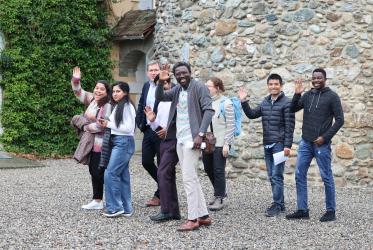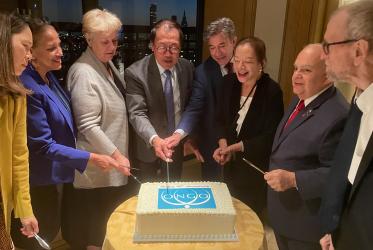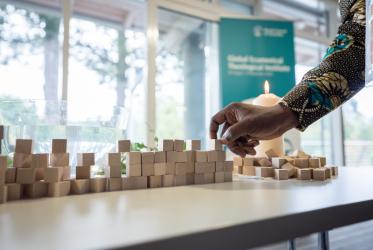Displaying 1 - 20 of 818
South Sudan churches share Easter messages of hope
04 April 2024
WCC expresses deep concern for human rights in Haiti
28 March 2024
WCC backs extension of ceasefire in Colombia
18 January 2024
WCC institute encouraged rethinking theology
23 November 2023
World Children’s Day symposium brings sparks of hope
21 November 2023
Ahead of Her Time
Pan-African Women of Faith and the Vision of Christian Unity, Mission, and Justice
01 November 2023
